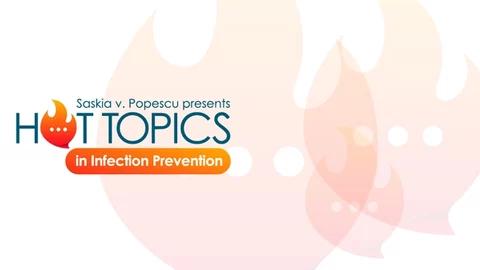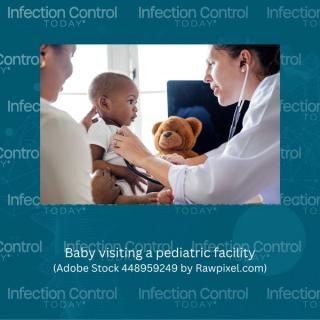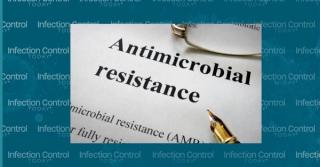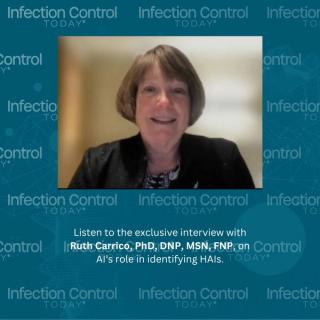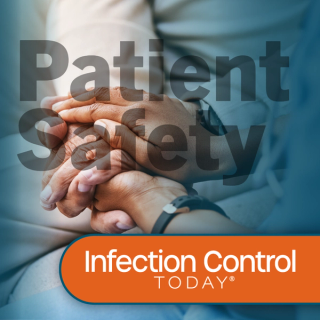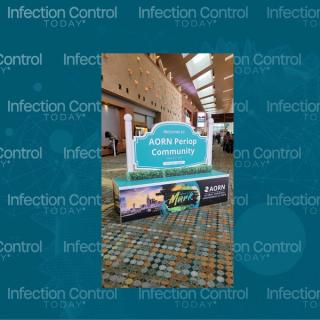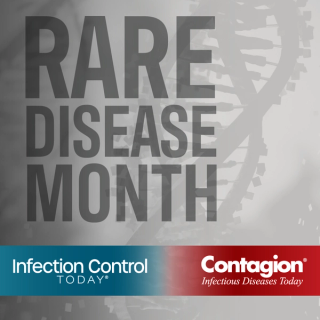
Prevention
Latest News

Latest Videos

More News
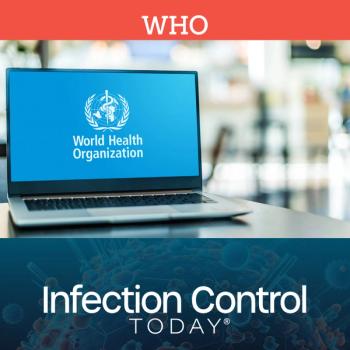
The US CDC's sudden cutoff from WHO threatens global health security, leaving infection preventionists scrambling to track deadly outbreaks like Marburg virus, mpox, and avian flu.
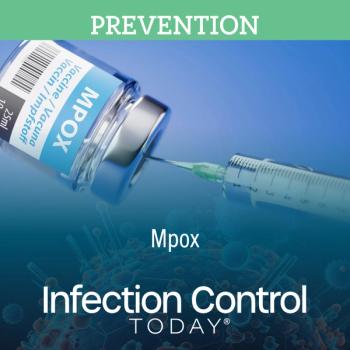
A CNA unknowingly worked while infectious with mpox, exposing 56 residents. Yet, no secondary infections occurred, highlighting the power of standard precautions in healthcare settings.
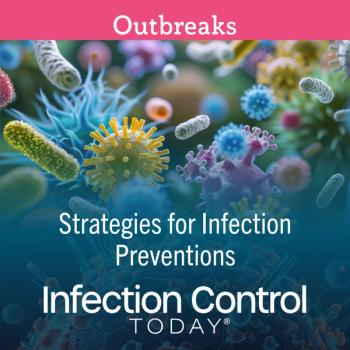
Norovirus and avian influenza outbreaks require infection preventionists to enhance hygiene, train staff, implement PPE use, and ensure effective disinfection to protect health care workers, patients, and facilities.

Executive orders issued on the first day of the presidency affect various health initiatives.

Effective sterile processing leadership requires active engagement, clear communication, and a transformational approach to foster collaboration, accountability, and quality in infection prevention and surgical instrument management.

Hospitals rely on automated disinfectant dispensers, but a study led by Curtis Donskey, MD, found inconsistent dilution levels, with some dispensers releasing only water. Improved monitoring and design modifications are essential.

A meta-analysis found alcohol-based antiseptics significantly reduce Staphylococcus aureus-related surgical site infections (SSIs), demonstrating efficacy comparable to mupirocin and iodophor, supporting their expanded use in infection prevention strategies.
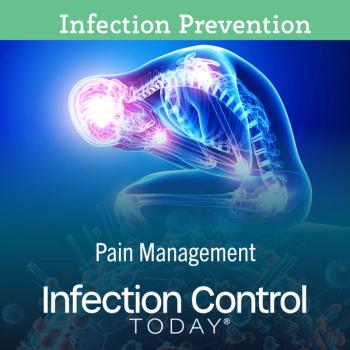
The American Society of Regional Anesthesia and Pain Medicine (ASRA Pain Medicine) released comprehensive infection control guidelines for pain procedures, emphasizing prevention, early recognition, multidisciplinary collaboration, and judicious antibiotic use to enhance patient safety and healthcare outcomes.

The US withdrawal from WHO threatens global health collaboration, weakening infection control, disease surveillance, and funding for vulnerable nations, undermining decades of progress in combating infectious diseases worldwide.
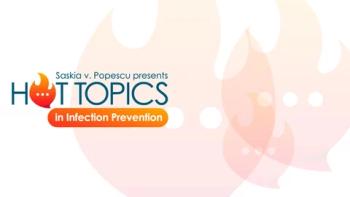
After a long hiatus, Hot Topics in IPC is back! This article concerns the Trump Administration's executive orders and other health care updates.
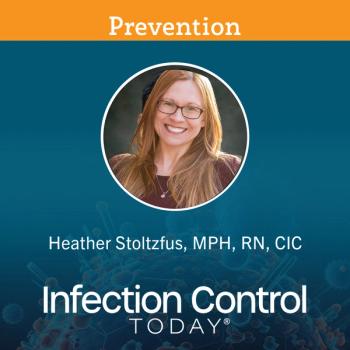
An infection preventionist reels from the US exit from WHO, writing that it disrupts global health efforts, weakens infection control, and lacks research funding and support for low-income nations dependent on WHO for health care resources.

The US withdrawal from WHO jeopardizes infection prevention, research funding, and global collaboration, disproportionately impacting low-income nations reliant on WHO support for equitable health care advancements.
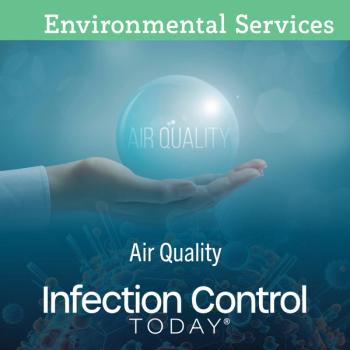
Evolving air quality monitoring technologies, like an IAQ Exposure Index, provide real-time data to detect airborne contaminants, enhance infection control, and protect vulnerable healthcare populations from respiratory exposures.
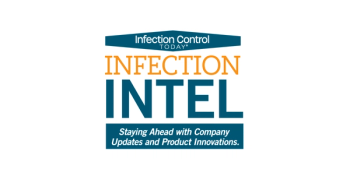
EvaClean partners with Microsplitting Ltd. to distribute its advanced disinfection systems and absorbents, revolutionizing infection prevention across health care, education, hospitality, and industrial sectors worldwide.
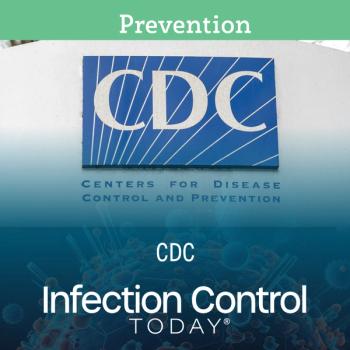
Read about the CDC’s Health Advisory. The advisory emphasizes the significance of early detection, infection control measures, and interdisciplinary collaboration to reduce risks, guarantee timely treatment, and prevent further spread.
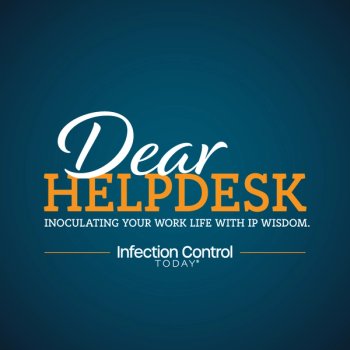
Micromanagement from leadership can hinder infection preventionists (IPs). This guide explores strategies to reposition IPs as proactive partners in patient safety rather than adherence enforcers.

Oral care is vital in reducing hospital-acquired pneumonia risks. Health care workers' education, evidence-based protocols, and accessible supplies enhance patient outcomes and prevent complications in health care settings.
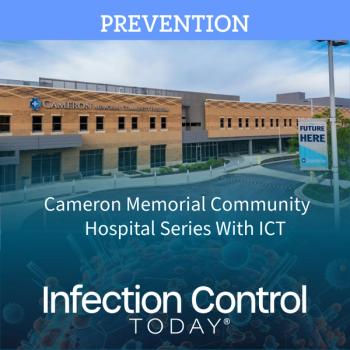
Discover how innovative strategies in scheduling, staff engagement, and continuous learning transformed a hospital’s environmental services, enhancing efficiency, employee satisfaction, and patient care standards.
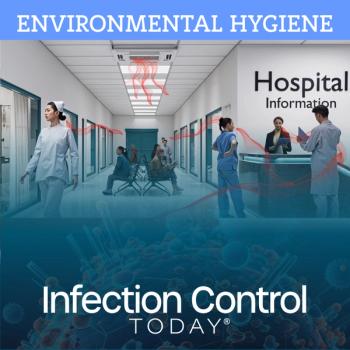
Adopting IDEA—identify, define, explain, apply—streamlines contamination control. Infection control professionals can mitigate risks through prevention, intervention, and training, ensuring safer health care environments and reducing frequent contamination challenges.
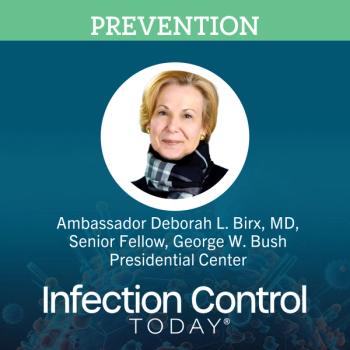
"I was hoping we had learned from COVID-19 that a lot of transmission happens between people who don't believe that they have an illness and others," Deborah Birx, MD, told Infection Control Today.

Barinthus Bio’s Phase 2b trial shows VTP-300’s potential to achieve functional cures for chronic hepatitis B, with promising HBsAg loss, safety, and durable immune responses.
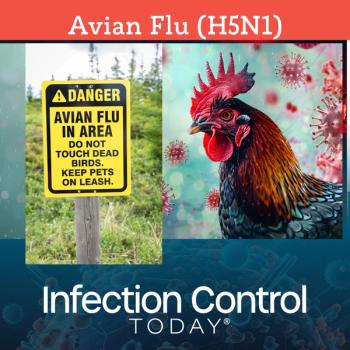
Read the latest on the rise of H5N1 avian flu. What happens if it combines with COVID-19? Experts answer the most pressing questions.

Public health mandates, such as lockdowns, masking, and vaccination, balance liberty and safety, ensuring critical protections during pandemics like COVID-19 while fostering long-term survival through science.
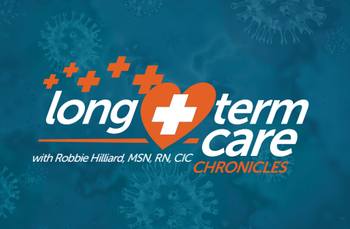
Antibiotic stewardship in long-term care facilities relies on McGeer and Loeb criteria to guide infection surveillance and appropriate prescribing, ensuring better outcomes for residents and reducing resistance.
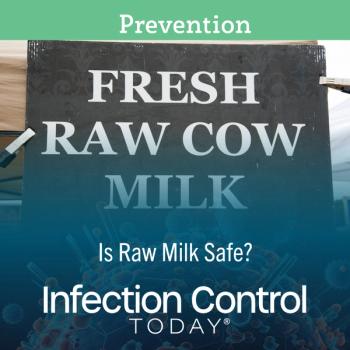
Drinking raw milk poses risks of disease transmission, especially with H5N1 outbreaks. Expert Richard J. Webby, PhD, advises against raw cow or goat milk consumption due to its unpredictable and significant risks.



